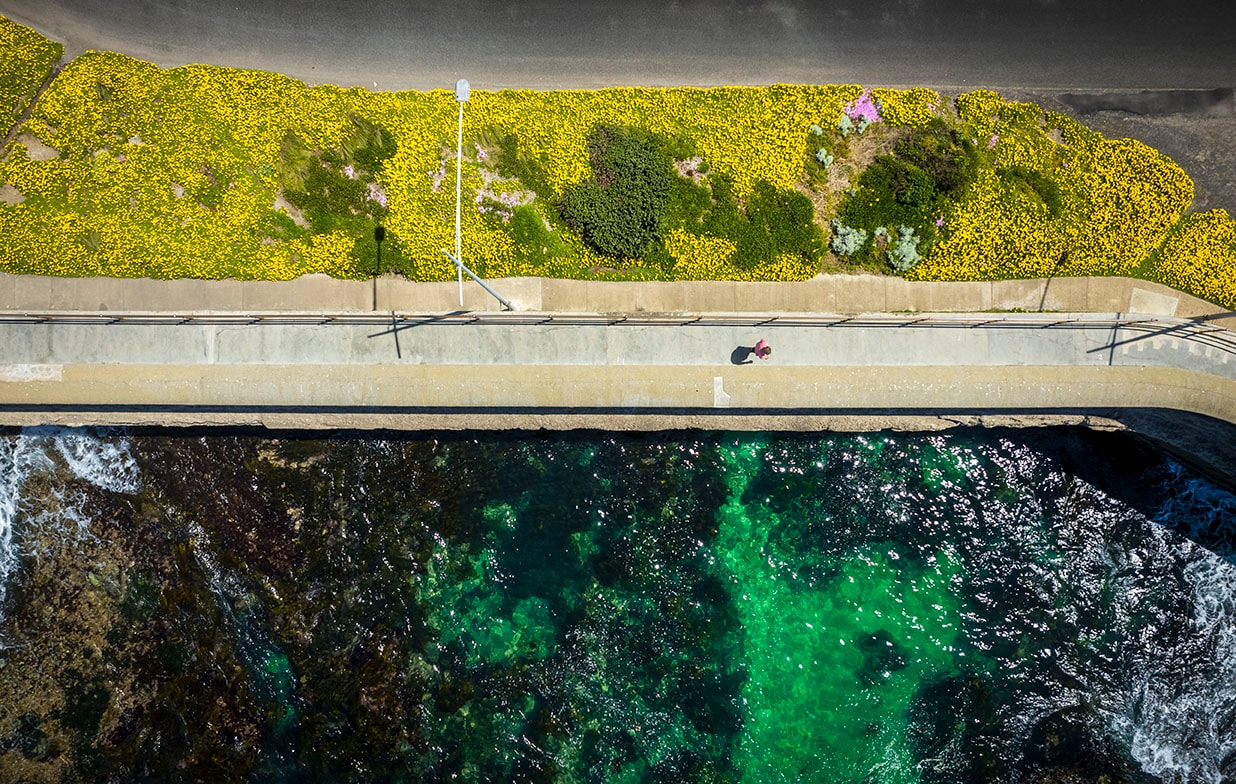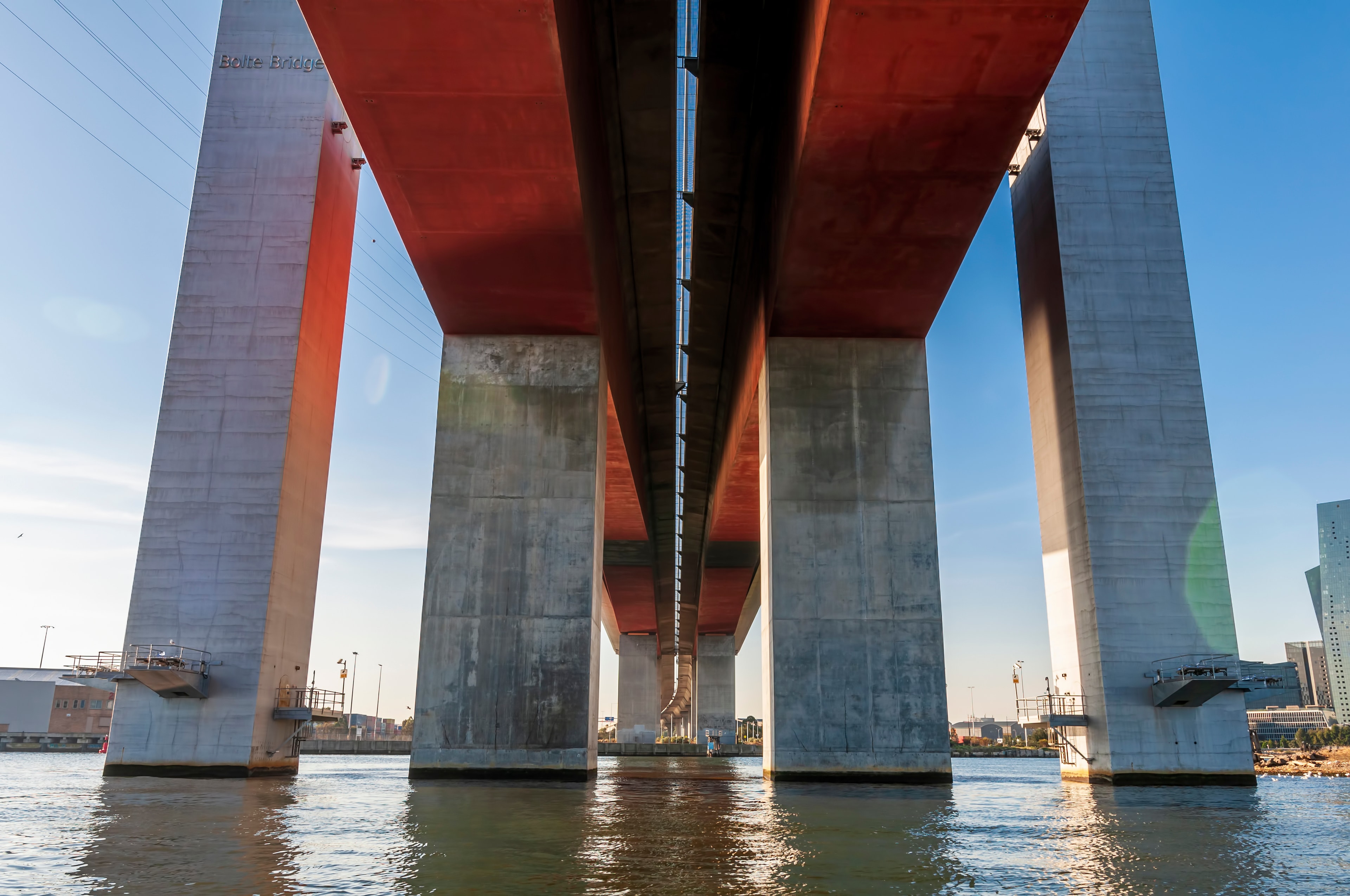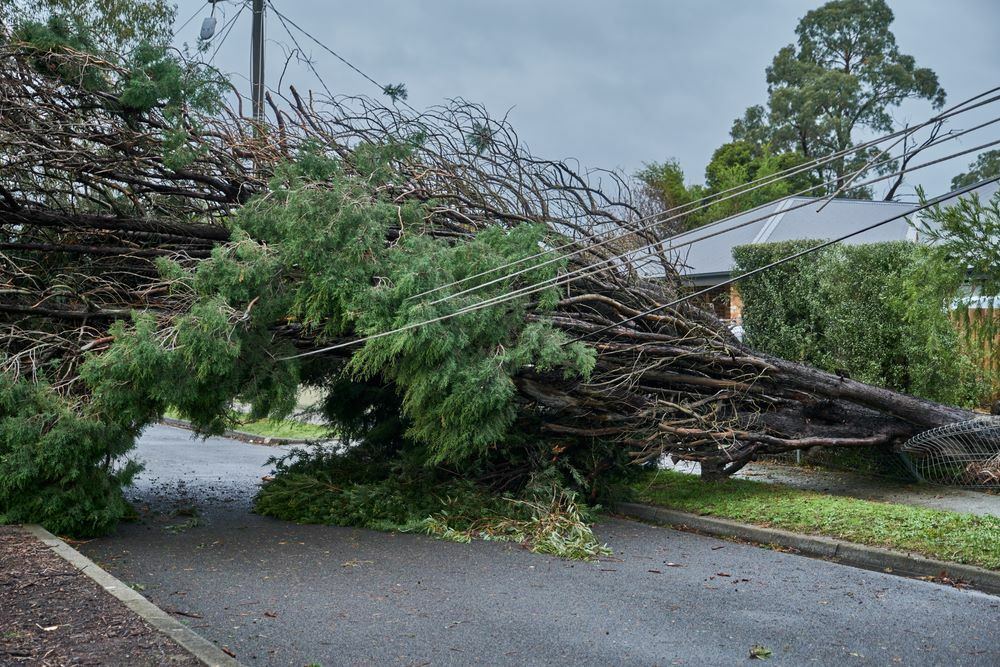Weathering the storm

Adapting Victoria's infrastructure to climate change
Most of Victoria’s infrastructure was not built for more frequent and severe weather. This means infrastructure, like roads and powerlines, is exposed to greater damage from wild storms, bushfires and floods.
This research can help governments decide how and where to invest in adapting infrastructure. It shows how to assess the risks from extreme weather and compare different solutions to better protect infrastructure assets.
Extreme weather damage already costs Victoria about $2.7 billion a year. Without action to better protect infrastructure, costs will grow.
Key findings
Investing early in solutions to better protect infrastructure can keep Victorians safer, reduce disruption for people and businesses and save money on disaster recovery.
We use 3 examples to test our assessment method: flooding and bushfire risks for Victoria’s roads and extreme wind risks for powerlines. Our research shows low-cost solutions, such as preventative maintenance for roads or replacing overhead electricity conductors with insulated cables, can have a large return on investment.
Recommendations
Our 7 recommendations can help the Victorian Government to better assess and prepare infrastructure for the impacts of climate change. The recommendations are:
1. Boost priority and oversight for infrastructure adaptation
- Make public infrastructure resilience a priority in Victoria’s climate change strategy.
- Develop an adaptation action plan for Victoria’s energy system.
- Include all infrastructure types in future adaptation action plans.
- Specify the responsible agency for each adaptation action.
- Regularly publish a progress and evaluation report on adaptation actions.
2. Coordinate and standardise climate projections
- Establish an agreed set of climate projections for use in government infrastructure planning and management, especially projections of extreme weather events.
- Keep improving local level data that infrastructure managers can use for site-specific analysis.
- Deliver training and ongoing support for infrastructure managers to apply the data to climate risk assessments.
3. Use asset management systems to improve resilience
- Release climate change guidance on assessing climate vulnerability and risk, designing for resilience, and adopting preventative maintenance.
- Support agencies to develop the processes, tools, and expertise to embed climate considerations in asset management practice.
4. Integrate climate risk into government risk management
- Develop detailed guidance to accompany the Victorian Government risk management framework on how to assess climate-related risks to infrastructure and integrate them into decision-making.
5. Align climate and financial risks to infrastructure
- Include climate adaptation in the government’s long-term financial management objectives for infrastructure.
- Require departments and agencies with infrastructure holdings to prepare climate-related financial risk disclosures.
6. Update business case and investment guidance
- Update existing business case guidelines, technical guidelines, and templates to include the risks and impacts of climate change.
7. Build confidence that good adaptation solutions will receive funding
- Attach funding to the 2026 updates of the system-wide adaptation action plans to encourage government agencies to evaluate and prioritise assets for adaptation and incorporate adaptation into business cases.
Supporting documents
Methodology - Weathering the storm: adapting Victoria's infrastructure to climate change
Technical document
PDF 5MB
Download

Assessment of the impacts of climate change on Victoria’s infrastructure
Technical document
PDF 9MB
Download
Economic assessment of adapting electricity distribution networks to climate change
Technical document
PDF 3MB
Download

- File format and size
- PDF • 3MB
Download - Topics
- Type
- Research report
- Published
- 2024





